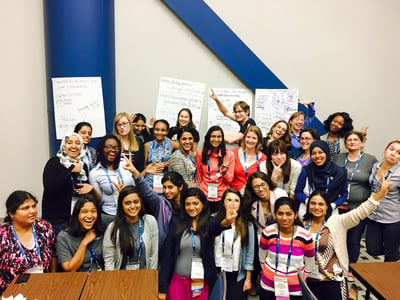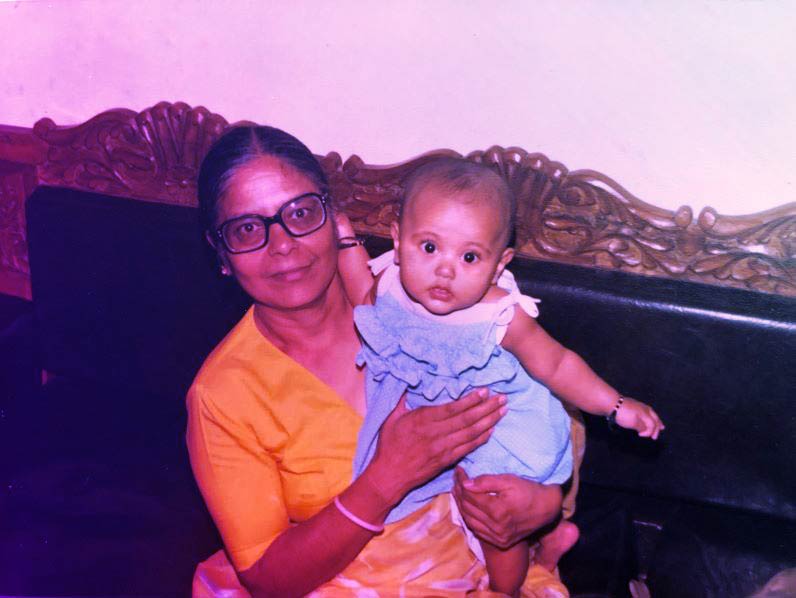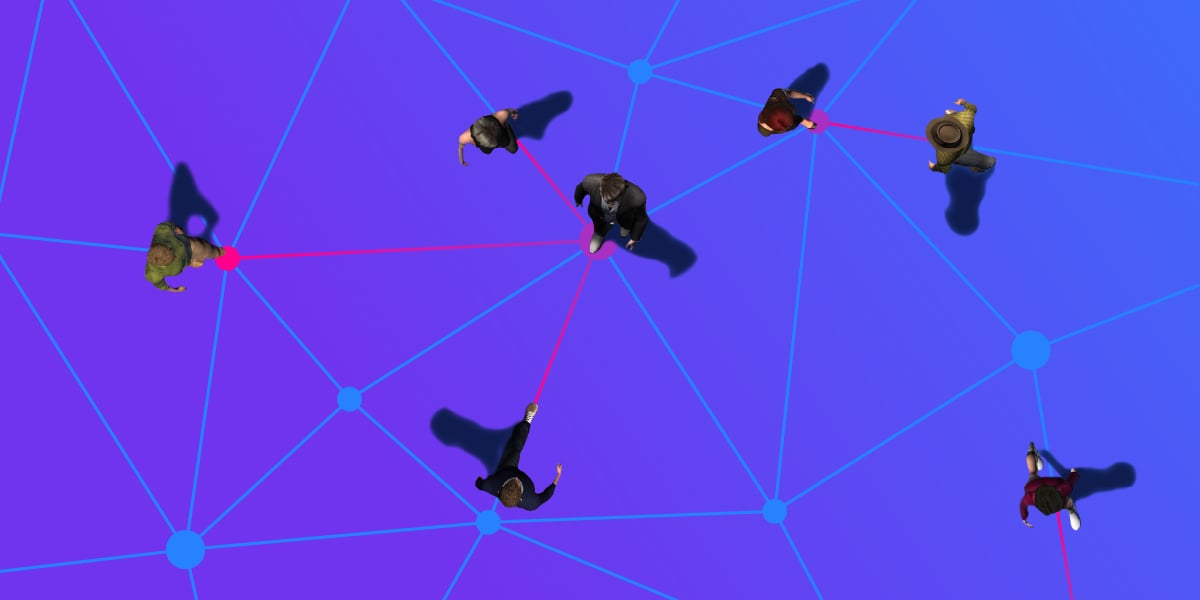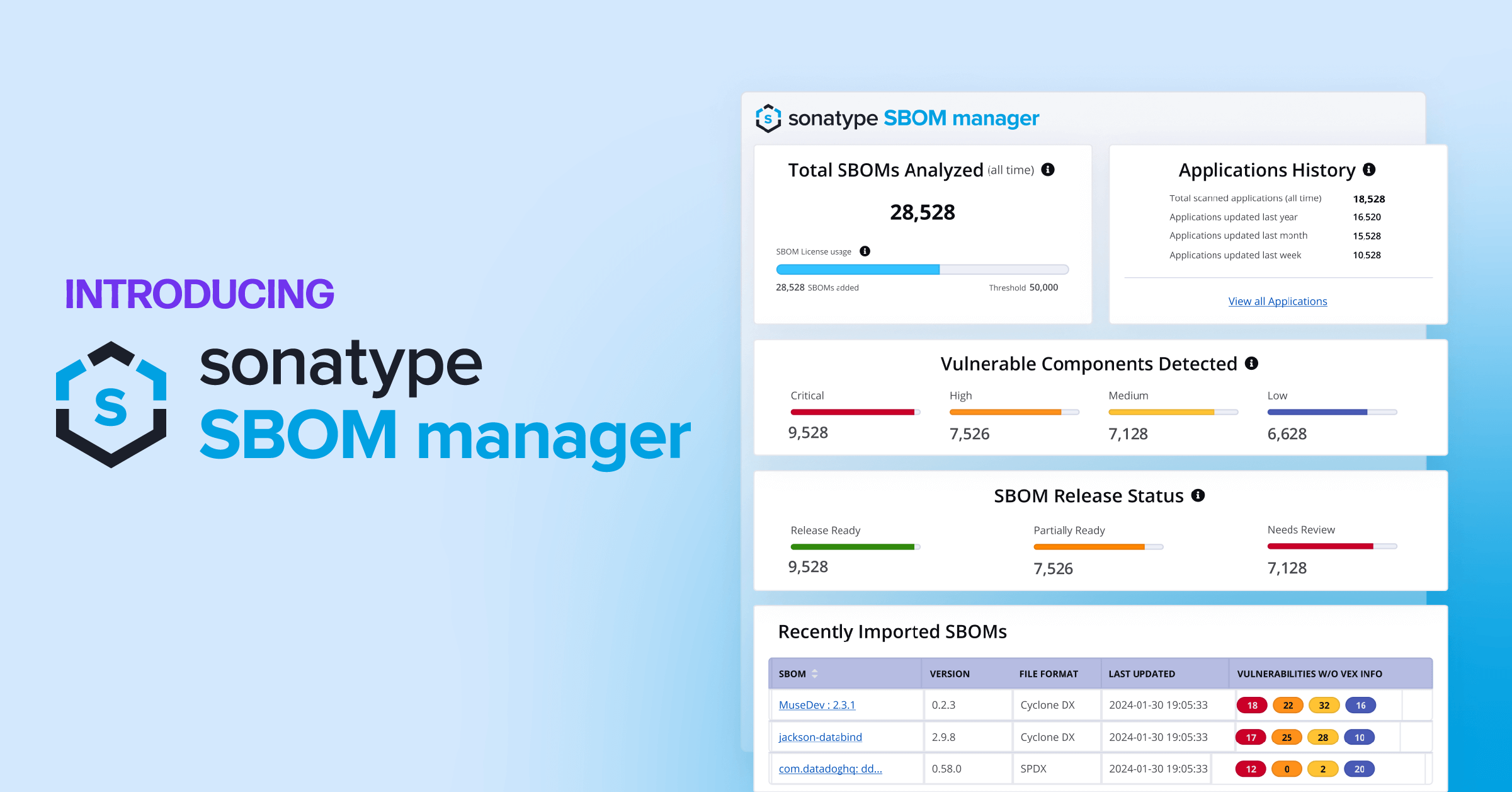 When I graduated college with a Bachelor's in Computer Science, I had not envisioned a long-term career in tech, let alone cybersecurity. However, not only did I dive head first into a field I knew nothing about but also went on to get a Master's in it. Here I am, ten years later, Senior Security Researcher at Sonatype, finding it hard to imagine what an alternate career path would have looked like.
When I graduated college with a Bachelor's in Computer Science, I had not envisioned a long-term career in tech, let alone cybersecurity. However, not only did I dive head first into a field I knew nothing about but also went on to get a Master's in it. Here I am, ten years later, Senior Security Researcher at Sonatype, finding it hard to imagine what an alternate career path would have looked like.
With hardly any women role models in the field, I have navigated this territory as an outsider, making several mistakes along the way that have probably been made before. This blog pens down the advice I would give to my younger self and anyone else who finds themselves in my shoes.
Be comfortable being uncomfortable
Fresh out of college and with an enthusiasm to learn everything about everything, I embraced the mantra - 'Step out of your comfort zone.' A year into my first gig in an applications development team, I was presented with the opportunity to join the company’s newly established information security department. Naturally, I said yes. I was on a mission to learn and didn't hesitate. I was one of five women in the development team, and would be the only one on the information security team. Ten years, three countries and four companies later, this statistic has not changed.
I wish I had known that as a woman in tech and cybersecurity, I would have to embrace the uncomfortable, every step of the way and it would have nothing to do with my career or technical skills. I am referring to the discomfort of dealing with microaggressions and biases, being talked over during meetings, or being the only person in the room that looks like you. There are still opportunities for growth somewhere in there. As you navigate through this unique discomfort, you will build resiliency, find the power to challenge the status quo, and maybe even turn those situations around for others after you.
Mentors are necessary but not enough
 Over the years, I have had tremendous mentors, both personal and professional. Although their contributions left indelible marks on my career, it wouldn’t have taken the same trajectory as it did if it were not for the sponsors and advocates in my life. My first professional mentor gave me the opportunity to step into the cybersecurity realm, trusting my ability to learn and perform in an absolutely new field. Looking back, he was in fact my first sponsor, creating an opportunity for me and vouching for my place on the team. Although they could be played by the same person, these roles are distinct from each other. A mentor is someone who has the skills or position that you aspire for and who can provide guidance by sharing their knowledge and experience. On the other hand, a sponsor is closely involved in your visibility and advancement in the organization. They advocate for you when you are not in the room and save you a seat at the table.
Over the years, I have had tremendous mentors, both personal and professional. Although their contributions left indelible marks on my career, it wouldn’t have taken the same trajectory as it did if it were not for the sponsors and advocates in my life. My first professional mentor gave me the opportunity to step into the cybersecurity realm, trusting my ability to learn and perform in an absolutely new field. Looking back, he was in fact my first sponsor, creating an opportunity for me and vouching for my place on the team. Although they could be played by the same person, these roles are distinct from each other. A mentor is someone who has the skills or position that you aspire for and who can provide guidance by sharing their knowledge and experience. On the other hand, a sponsor is closely involved in your visibility and advancement in the organization. They advocate for you when you are not in the room and save you a seat at the table.
I wish I had known this difference earlier in my career. Earlier on, I actively sought mentors and put a great deal of effort into building rewarding relationships with them. But the breakthroughs that I was looking for – greater challenges, additional responsibilities, promotions – came through sponsors, who as a result of their position and influence, opened these doors for me.
Getting involved comes with fatigue
I've always been involved in my community and volunteered my time towards causes I believe in such as promoting STEM careers for girls and women, and diversity, equity and inclusion at the workplace. I actively seek opportunities where I can contribute to such efforts and make a meaningful change.
 As important and rewarding as these commitments are in my life, I wish I had known the emotional toll and fatigue that come with them. The often slow progress and resistance to change are disheartening but give impetus to the importance of such work. Don't give up. Acknowledge your emotions, take a break, celebrate the small wins, and return when you feel ready.
As important and rewarding as these commitments are in my life, I wish I had known the emotional toll and fatigue that come with them. The often slow progress and resistance to change are disheartening but give impetus to the importance of such work. Don't give up. Acknowledge your emotions, take a break, celebrate the small wins, and return when you feel ready.
Work and life may not balance
The work-life balance theory was imposed on me right from the beginning of my professional career. Through the years I have struggled to strike this balance reliably. I wish I had known that striking this balance would mean different things at different stages in life. Both our lives and work consist of ebbs and flows. There are times when our to-do list keeps growing and others when we have everything under control. Work-life balance does not mean having to work less or splitting your time 50-50 between the two. Instead, it is the flexibility to achieve your professional goals and still be able to find time for things that make your personal life enjoyable.
Striving for meaning, growth and fulfillment in both my personal and professional lives has served me more than attempting to strike a balance between the two. This paradigm shift has been instrumental in letting me make the trade-offs that are most important to my goals in these areas. I can attest to the positive impact that making time for myself and my hobbies has had in ensuring my mental and overall well being; especially when everything else seemed out of balance. A healthy integration between my work and life has worked better than anything else.
Going through this reflective exercise, I can’t help but wonder what this list would look like ten years from now. As we grow personally and professionally, encounter new challenges and reassess our priorities - I can say that being open to change and adapting, making our collective voices heard in the workplace, and lifting others as we climb the ladder of success will certainly be on that list.






